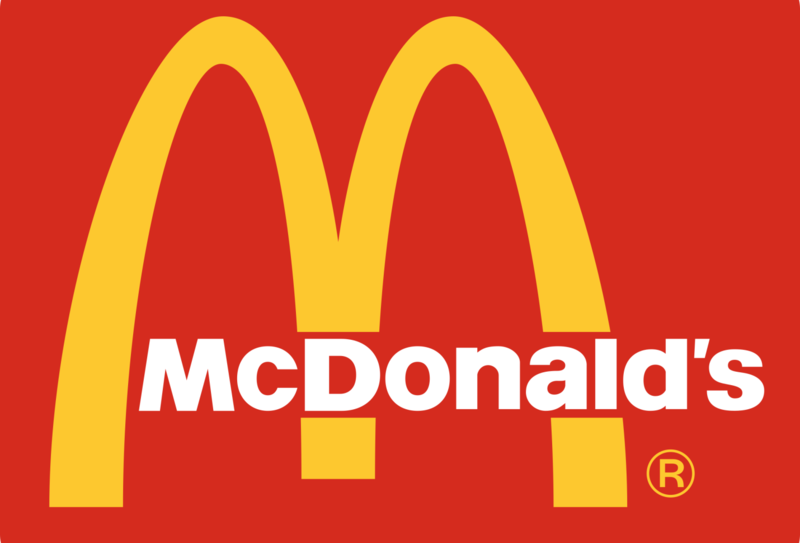
5 Steps to Build an Effective CSR Strategy
In today’s business landscape, Corporate Social Responsibility (CSR) has evolved from being a “nice-to-have” to ...

McDonald’s opened the UK’s first net zero carbon restaurant at both construction and every day operation levels.
The Market Drayton McDonald’s, which will act as a blueprint for future restaurants around the country, has been designed to be net zero emissions standard in both construction and every day operation – an industry first.
Featuring the latest innovations in sustainable building design throughout, the restaurant has been deliberately designed to retain the familiar McDonald’s look and feel to ensure it can be effectively replicated as the business looks to revolutionize the way it designs its new and existing restaurants to achieve net zero emissions for all its 1,400 restaurants and offices by 2030.
From a Drive-Thru lane made from recycled tires, wall art made from used coffee beans and kerb stones made from plastic bottles, the restaurant will act as a testing site for a number of industry-first innovations.
Powered by on-site solar panels and wind turbines, learnings from the new restaurant in Market Drayton, Shropshire, will be used to create a blueprint for McDonald’s freehold new builds across the country from 2022.
McDonald’s most sustainable restaurant includes renewable power from two wind turbines and 92sqm of solar panels – producing 60,000 kWhs of power per year, and reducing the amount of energy the restaurant draws from the grid.
It also includes walls insulated with British sheep’s wool which might otherwise have gone to landfill, and which replaces unsustainable man-made materials.
It also includes building cladding made from recycled IT equipment and white household goods like washing machines, amounting to 250 sqm of recycled materials
Wall signs are made from McDonald’s used coffee beans – one of the examples of action the business is taking to introduce circular waste solutions
Kerbs stones are made from 182 recycled plastic bottles – reducing carbon emissions by 25kg per kerb compared to concrete kerbs. By using over 1,000 of these at Market Drayton, McDonald’s has diverted over 200,000 plastic bottles from landfill.
A Drive-Thru lane has been made from recycled tires – this material produces less carbon-dioxide and allows more water to be absorbed, reducing the amount of rainwater going down the drain
A biodiversity garden and nature trail is designed by schoolchildren from Market Drayton Junior School, the garden will collect rainwater from the carpark and provide a habitat for frogs and other creatures.
The opening of Market Drayton is one of a number of initiatives McDonald’s is undertaking as part of its Plan for Change – a new business and sustainability strategy to help McDonald’s achieve its aim of net zero emissions across its entire UK and Ireland business, including its value chain, by 2040.
Beth Hart, McDonald’s Vice President Supply Chain and Brand Trust commented: “At McDonald’s we believe that our food needs to be served in restaurants that are sustainable for the future. Market Drayton is a big step towards making that a reality, enabling us to test and put into practice what a net zero emissions building, both in build and use, really looks like. We’ve already started to roll out some of these innovations to other restaurants, but what is exciting about Market Drayton is the fact it will act as a blueprint for our future new builds.”
Simon McWhirter, UKGBC’s Director of Communications, Policy & Places said: “The challenge of decarbonising the construction industry is a complex one, but McDonald’s commitment to building the first restaurant in the UK in line with UKGBC’s net zero carbon buildings framework is a critical first step. We welcome the ambition to achieve net zero emissions for all McDonald’s restaurants and offices by 2030.”
Other innovations at Market Drayton include wall art made from recycled polystyrene cups, fixed in place with potato starch from McDonald’s potatoes, EV charging points and furniture made from 100% recyclable materials. This is the next step on McDonald’s commitment to ensure that by 2023 all furniture in new and refurbished restaurants will be made from recycled or certified materials and designed to be recycled or reused.
These new solutions are in addition to the actions McDonald’s has taken for many years to reduce its environmental impact, including only purchasing 100% renewable electricity for use in its restaurants, and recycling the used cooking oil from its kitchens into biodiesel to help fuel its trucks.
اترك تعليقا